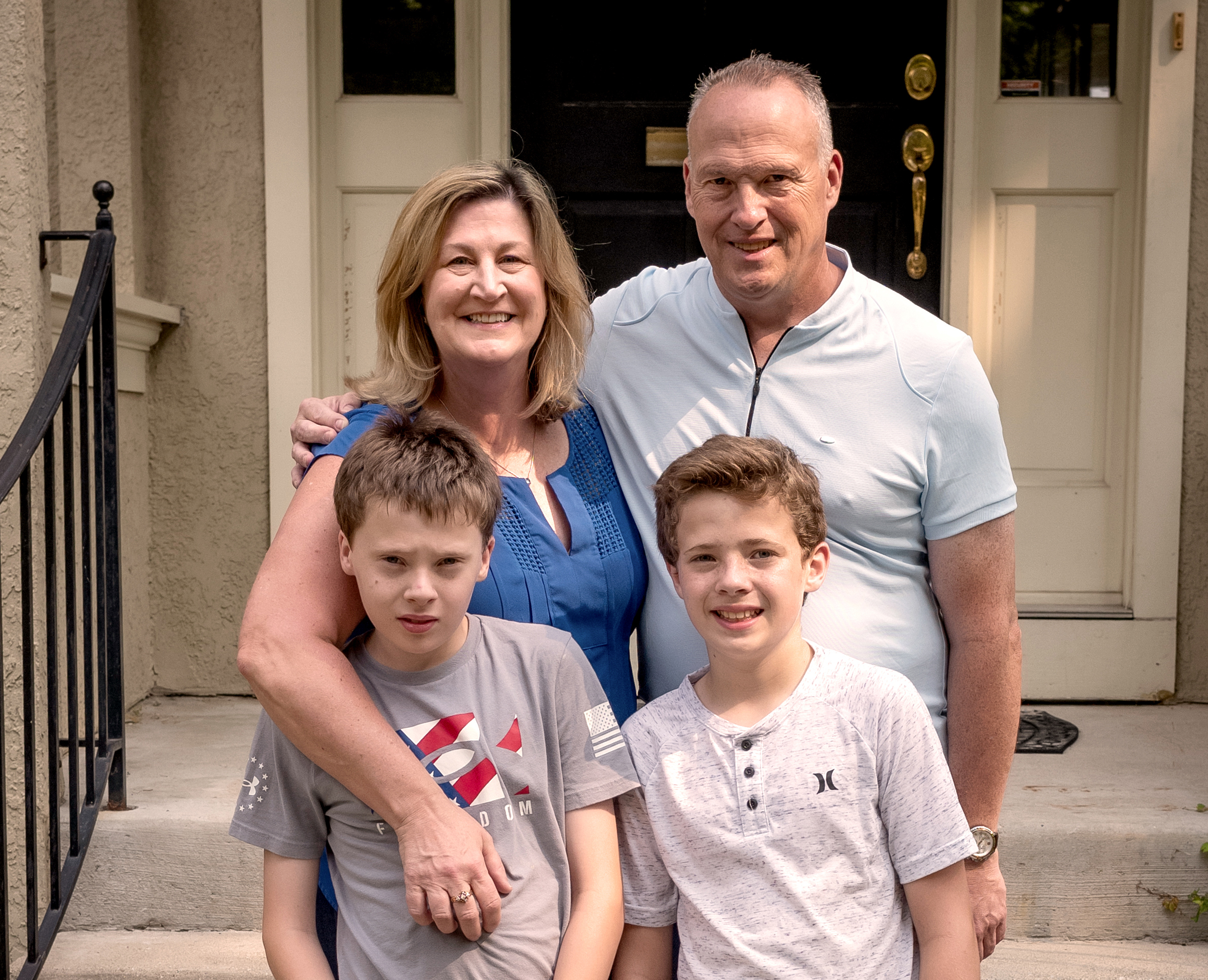Below are points from which to build a D’var Torah related to addiction and recovery. We offer two examples, one relating to the Book of Life and recovery in the Jewish community, and the second on cheshbon hanefesh and the 12 Steps of recovery.
Rosh HaShanah
Inscribed in the Book of Life—Recovery in the Jewish Community
A D’var Torah focused on recovery in the Jewish community might make the following points:
- Language matters! People in recovery aren’t trying to stop drinking, drugging, and engaging in addictive behavior—they have already stopped doing so. When talking about someone in recovery, use person first language such as: “a person in recovery.” When mentioning someone struggling with addiction, person first language might be: “a person with a substance use disorder.”
- Recovery is a “voluntarily maintained lifestyle composed of and characterized by sobriety, personal health, and citizenship” (Betty Ford Institute Consensus Panel, 2007, p.221).
- People in recovery need allies and Jewish people in recovery need Jewish allies in Jewish spaces.
- “A recovery ally is a person who strives to eliminate the injustices faced by people in or seeking recovery from a substance use disorder by championing efforts to support recovery, empowering individuals, and creating recovery friendly environments where individuals, families and communities can thrive” (OHIO, n.d.).
- 12 Step support groups meet in many Jewish spaces.
- Recovery friendly Jewish spaces welcome people in recovery, do not judge people for asking for help, and support those receiving treatment and their families.
- JCFS Chicago addiction services can help connect you with assessment, treatment, and recovery resources.
Cheshbon HaNefesh—Accounting of the Soul and the 10th Step
A D’var Torah focused on Cheshbon HaNefesh—Accounting of the Soul and the 10th Step might make the following points:
- During the month of Elul, there is a spiritual practice of taking an accounting of the soul in which one looks at one’s physical, mental, and spiritual actions and evaluates whether the actions fall in the growth category or the loss category.
- Rabbi Dr. Abraham Twerski, z”l, the noted psychiatrist said that the 12 Steps of Alcoholics Anonymous are really the Jewish spiritual practice of Mussar by another name. (https://www.torahweb.org/torah/special/2010/dtwe_12steps.html).
- The goal of Mussar and the goal of the 12 Steps is progress, not perfection.
- As you took an accounting of your soul in preparation for Rosh HaShanah, where are the areas of growth you want to continue in the new year and where are the areas of loss that you want to address in the new year?
Yom Kippur
Letting today be rock bottom
A d’var Torah focused on letting today be rock bottom might make the following points:
- People often wait for “rock bottom” in order to make significant life changes. This is true for people in recovery and people needing to make any significant life change.
- Today we fast in order to afflict our soul. This is the reason given in the Torah for why we fast on Yom Kippur.
- What if it was possible that a day of soul affliction could be our rock bottom and we didn’t need to wait to see if there were rocks below this bottom?
- Signs that today could be rock bottom:
- In the Unetaneh Tokef we say that on Rosh HaShanah it is written and on Yom Kippur it is sealed, who will live and who will die.
- We wear white and some people wear a kittel, literally the same garment that people are buried in, as a reminder that Yom Kippur can be a near death experience.
- Even the rabbi is talking about addiction and recovery! What more signs do we need?
- When we look around and see all the people here with us today, we know we won’t be alone in moving up from our rock bottom.
- If you think you might need or want a hand up from rock bottom, JCFS Chicago addiction services can help connect you with assessment, treatment, and support resources.

We're Here
to Help.
For assistance or more information, call us at 855.275.5237 or email us at Ask@JCFS.org.



 Back
Back